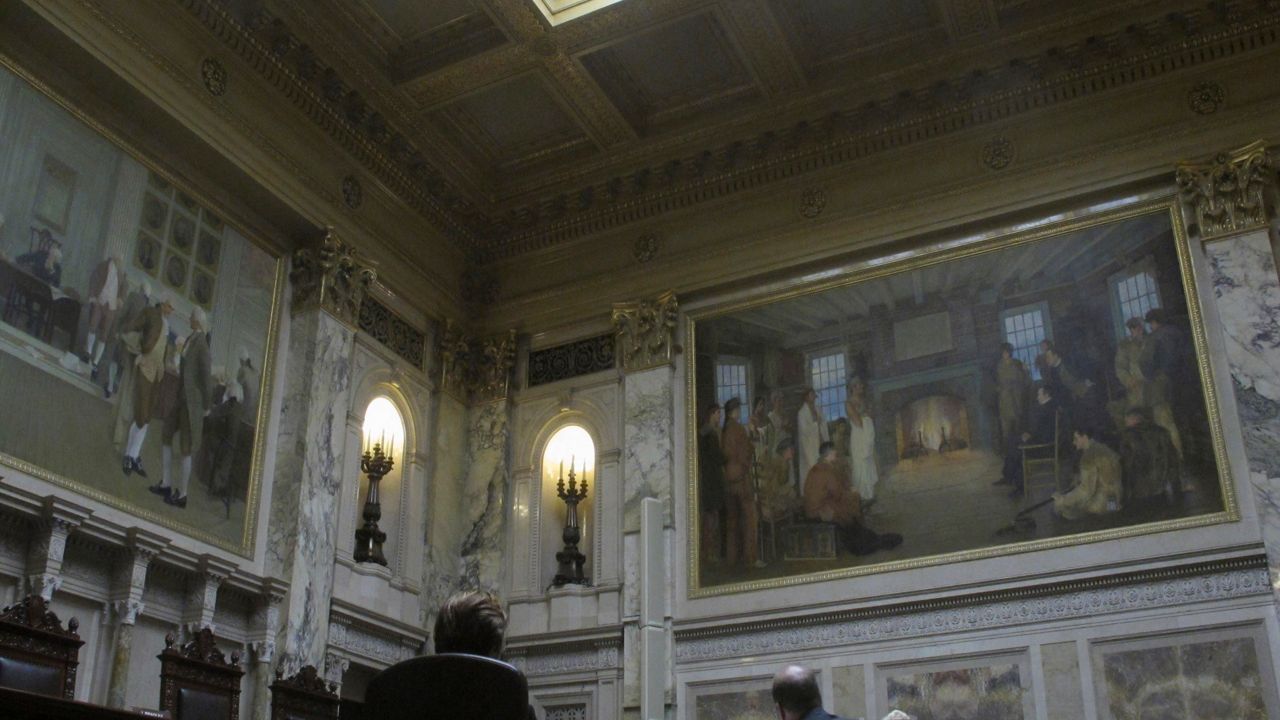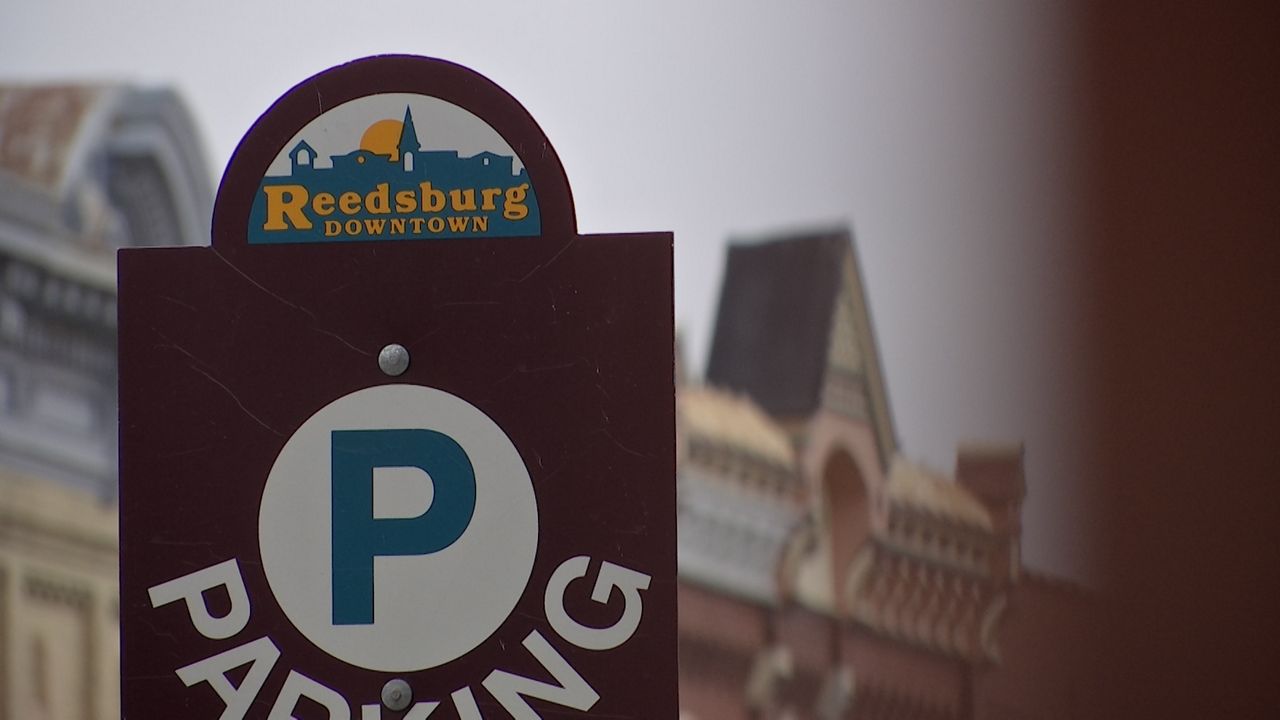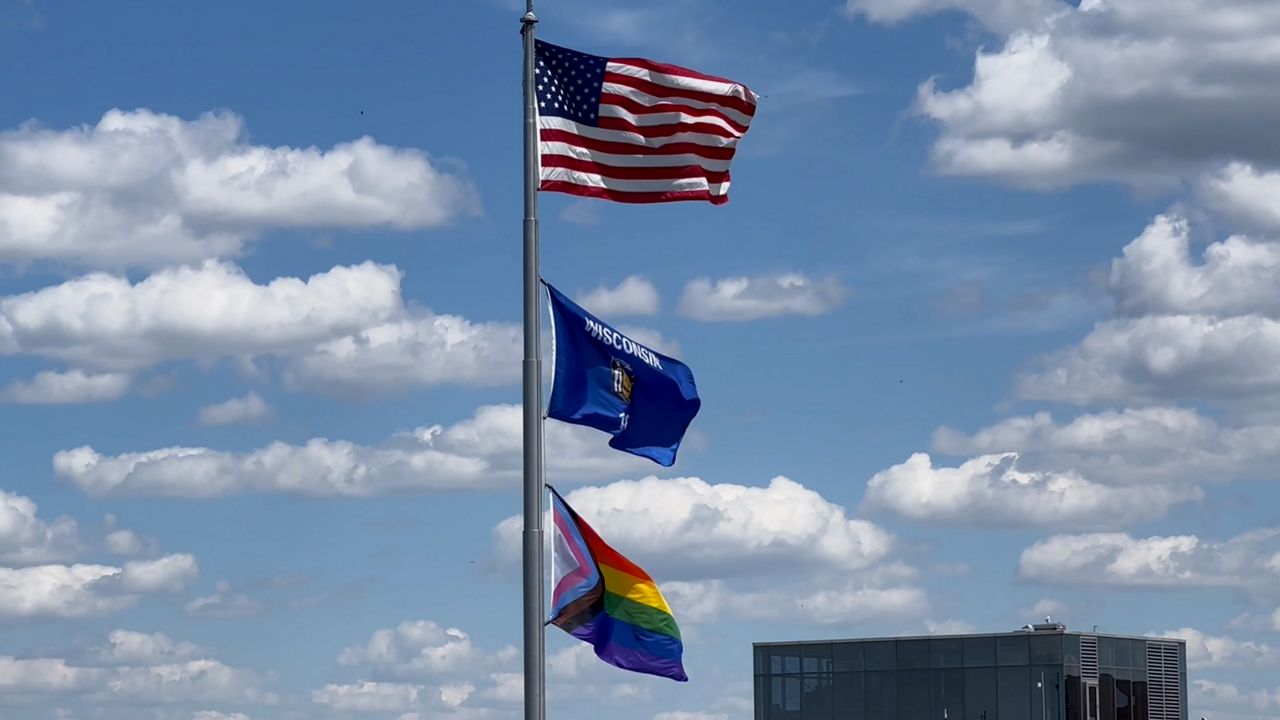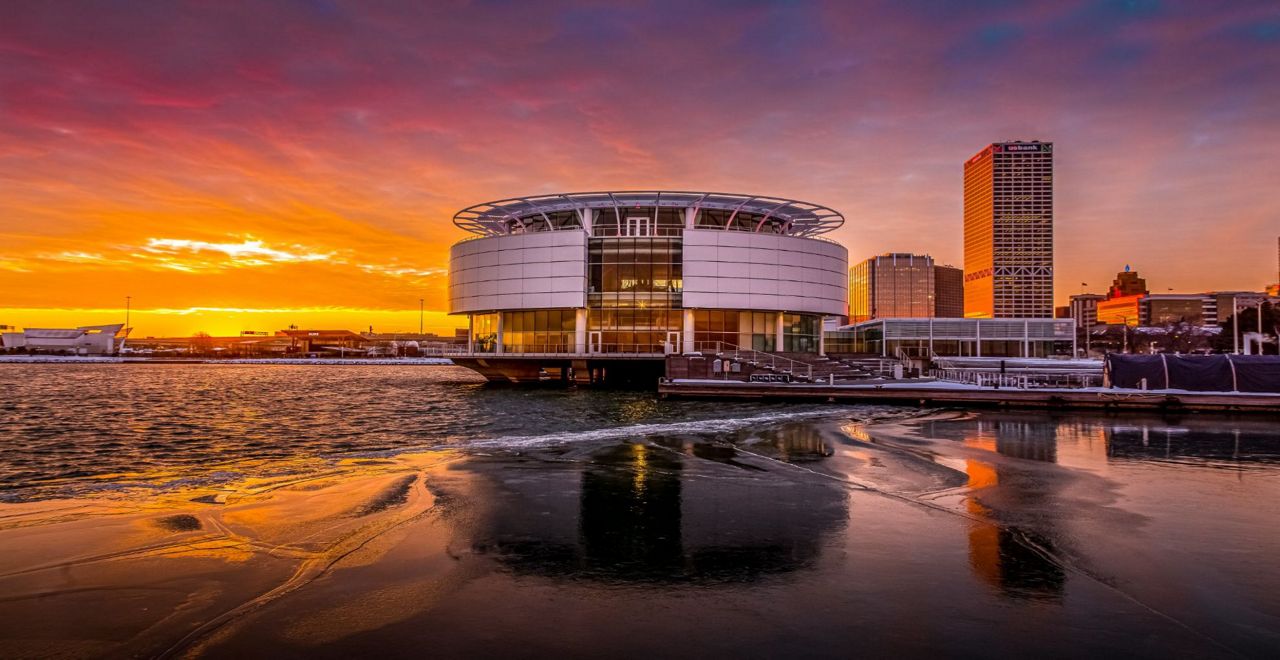CHICAGO — Milwaukee will get another opportunity to host a major political convention in 2024. The Republican National Committee (RNC) made it official Friday during their summer meeting held at the JW Marriott Chicago.
Republican Party delegates from across the country will travel to Milwaukee during the summer of 2024 to select the party's presidential and vice presidential nominees.
"From the first moment I met this mayor, he is somebody who said 'I am going to put my city first,'" RNC Chairwoman Ronna McDaniel said. "The revenue that this will bring to my city, and the attention that this will bring to my city, and the help that this will bring to the people of my city is going to be invaluable. And we are going to have a great partnership, and he is a great mayor, and I am saying that as a Republican, so the whole world should be in shock right now because there is a bipartisan moment happening now."
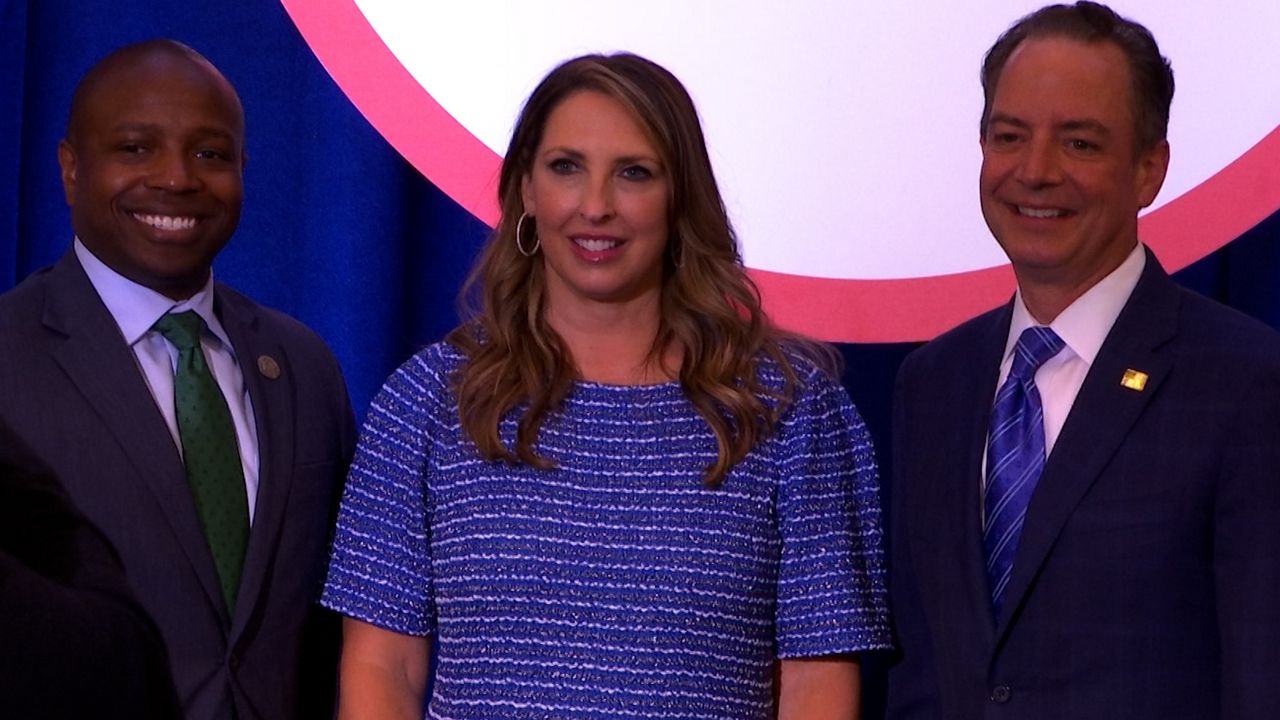
At the beginning of the year, there were four potential host cities chosen as finalists: Milwaukee, Nashville, Pittsburgh and Salt Lake City.
In early February, the RNC bid committee announced that Pittsburgh had been removed from consideration. Utah's capital city dropped out in mid-March, leaving Milwaukee and Nashville as the last two contenders.
“This isn't just about 2024," Milwaukee Mayor Cavalier Johnson said. "This is just as much about 2040 as it is about 2024. We've got an opportunity right now to put money in the pockets of individuals who've been battered by COVID over the past two years.”
Friday's decision makes Milwaukee the first city to host major party conventions in back-to-back election cycles since New York City hosted the Democratic National Convention in both 1976 and 1980 at Madison Square Garden.
While the Democratic National Convention in 2020 was hosted virtually from Milwaukee due to the ongoing COVID-19 pandemic, it still put the spotlight on a swing state. For Democrats, the decision proved to be worthwhile as President Biden defeated Donald Trump by a narrow margin of roughly 20,000 votes.
It's no secret Wisconsin is purple, which means the state can reasonably be won by either a Democratic or Republican candidate in a statewide election. However, until President Donald Trump's victory in 2016, Democrats had won Wisconsin in every presidential race since Ronald Reagan in 1984.
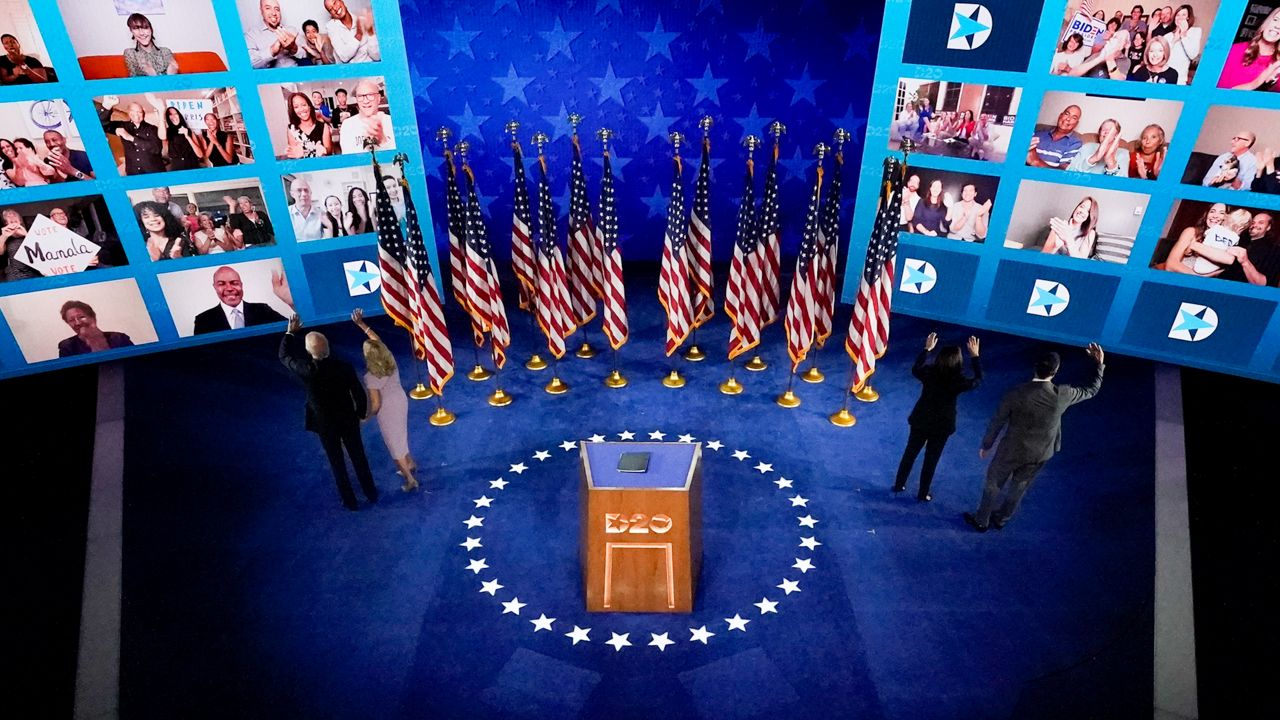
For Republicans hoping to pick up swing votes, bringing the major political event to Wisconsin or Pennsylvania makes strategic sense.
The Badger State could determine who wins the presidency in 2024, unlike Tennessee, which has not backed a Democrat for president since 1996. Similarly, Utah is a reliably Republican state.
When the RNC Site Selection Committee visited Milwaukee in February, several high-profile Republicans hosted the group, including former Trump White House Chief of Staff and previous RNC Chairman Reince Priebus, as well as former Wisconsin Gov. Scott Walker.
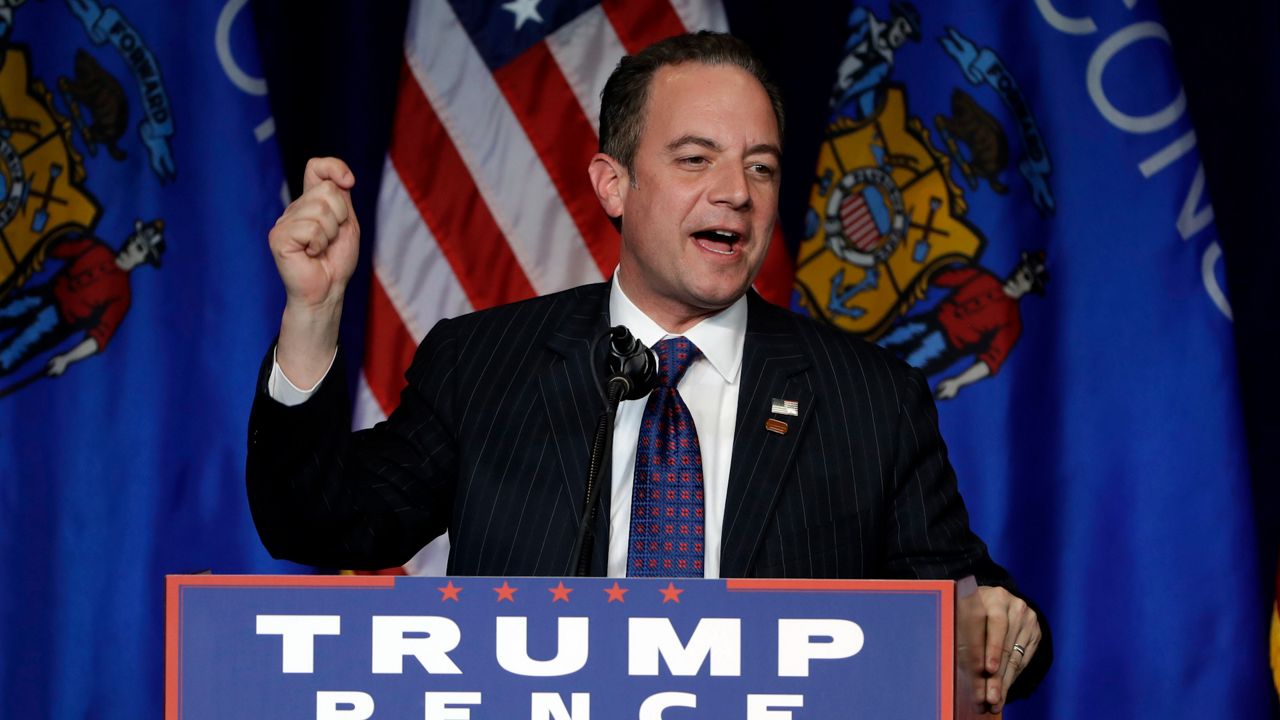
Walker, who played a prominent role in the effort to bring the convention to Milwaukee, said the city is the clear choice for three reasons: Milwaukee is already prepared having hosted the 2020 DNC, expensive infrastructure is already in place at Fiserv Forum and Wisconsin is a battleground state.
While Wisconsin may be up for grabs, its major metropolitan areas lean Democratic. Though mayoral elections are technically non-partisan, both Milwaukee Mayor Cavalier Johnson and Nashville Mayor John Cooper are Democrats.
That hasn't dissuaded Republicans or Democrats in the bid process. While Mayor Johnson disagrees with some of the Republican Party's stances, he hopes hosting the convention will lead to more large-scale events in the future.
If Wisconsin is such a political battleground, you might think it was a shoo-in to host the major political event in 2024. Wrong. Sure, there are plenty of things that tip the scales in Milwaukee's favor. However, the opportunity to host the once in every-four-year convention was in jeopardy more than once.
Questions about safety arose in May after a violent weekend of shootings downtown left 21 people injured near Fiserv Forum and the Wisconsin Center—the two major venues expected to host most convention functions.
The news was apparently taken in stride. Shortly after, RNC Senior Advisor Richard Walters said members of the Site Selection Committee were “confident in the abilities of each city” to offer a safe convention for attendees.
Less than a week later, Milwaukee's bid was officially on hold.
Some members of the city's Common Council raised concerns about whether Milwaukee would bring in enough money to justify hosting the convention.
After meeting behind closed doors for several hours, alders on the Steering and Rules Committee emerged with a new push to urge the convention host committee to raise an additional $6 million to support the city.
State law currently prevents counties from adding their own sales tax, and for years the Republican-controlled legislature has refused to make any changes. Some committee members pointed to those revenue concerns on top of the burden of security.
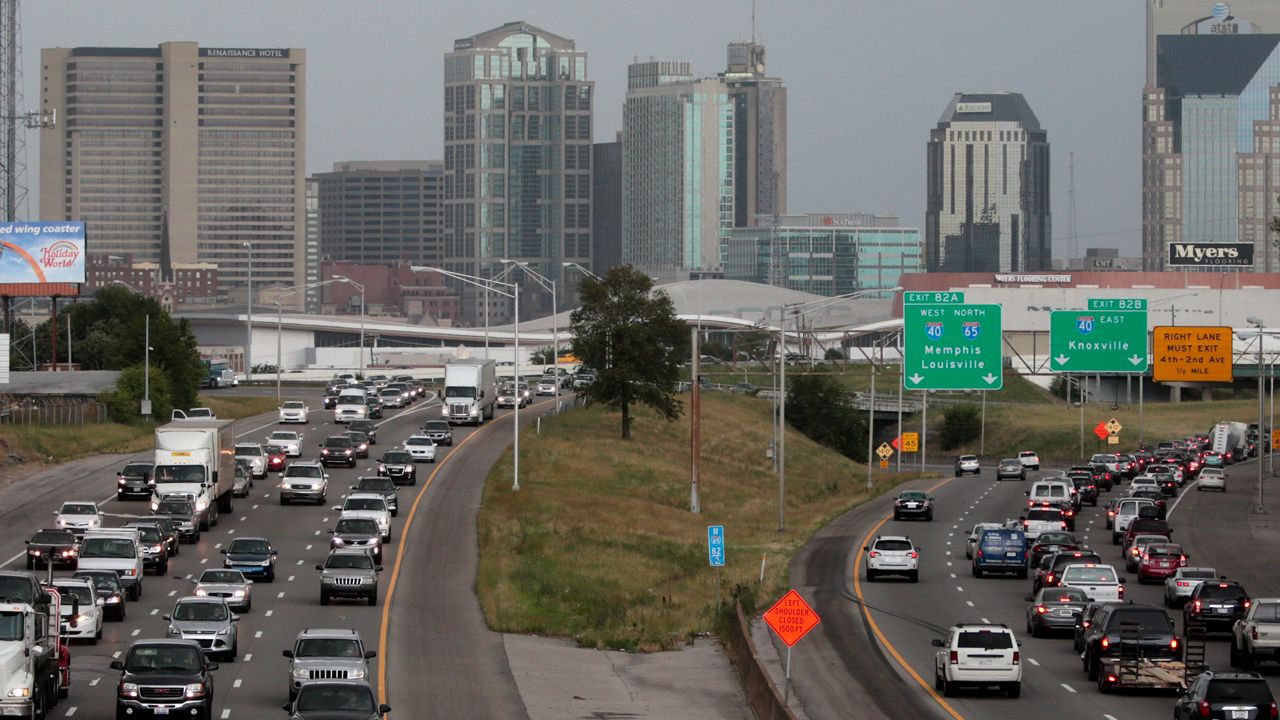
With a vote on the framework contract with the RNC on hold, and concerns that asking for more money could put an end to the deal and pave the way for Nashville, it was up to the Common Council president to figure out how to move forward as a deadline loomed.
A few days later, the Milwaukee Common Council unanimously approved the framework for a contract to host the 2024 Republican National Convention. Mayor Cavalier Johnson, who signed the agreement on June 1, told reporters minor modifications to the contract helped the city reach an “important stage” in the effort to host the convention.
The provisions included a commitment to work with the RNC to ensure funding is on par with the dollar amount typically provided to a host city after previous in-person conventions to be used for programs such as workforce development and housing.
Additionally, the RNC is required to report the status of negotiations, plan development and event funding quarterly to the Common Council.
By July, it seemed all-but-certain Milwaukee would win its bid to host the convention in 2024.
The Nashville Metro Council withdrew its proposed agreement in early July to host the presidential nominating convention.
Less than two weeks later, the RNC Site Selection Committee voted to recommend Milwaukee, the only remaining choice, as the host city. However, the decision still needed approval from the full Republican National Committee at its summer meeting in Chicago.
Nashville did make a revived push after it was announced Milwaukee was favored to win, but it fared no better than the previous attempts.
Tuesday night, the 40-person Nashville Metro Council voted against a bill that would have created a draft agreement to host the event, with 10 members voting in favor of the convention deal and 22 opposing it.
Milwaukee didn't reap the economic benefits it had hoped to by hosting the Democratic National Convention in 2020. However, had the city not pulled together the necessary resources to win that bid, it might not have won the Republican National Convention in 2024.
Now, Brew City could bring in more than $200 million in likely economic impact to help make up for the lost revenue of Democrats scaling back their convention due to the COVID-19 pandemic.
Businesses, that lost out on thousands of visitors two years ago, were supportive of Milwaukee pursuing a bid. The more than 200-page pitch submitted last December highlighted the city's access to Lake Michigan, entertainment venues, the culinary scene, and the Milwaukee Bucks' championship, among other attractions.







